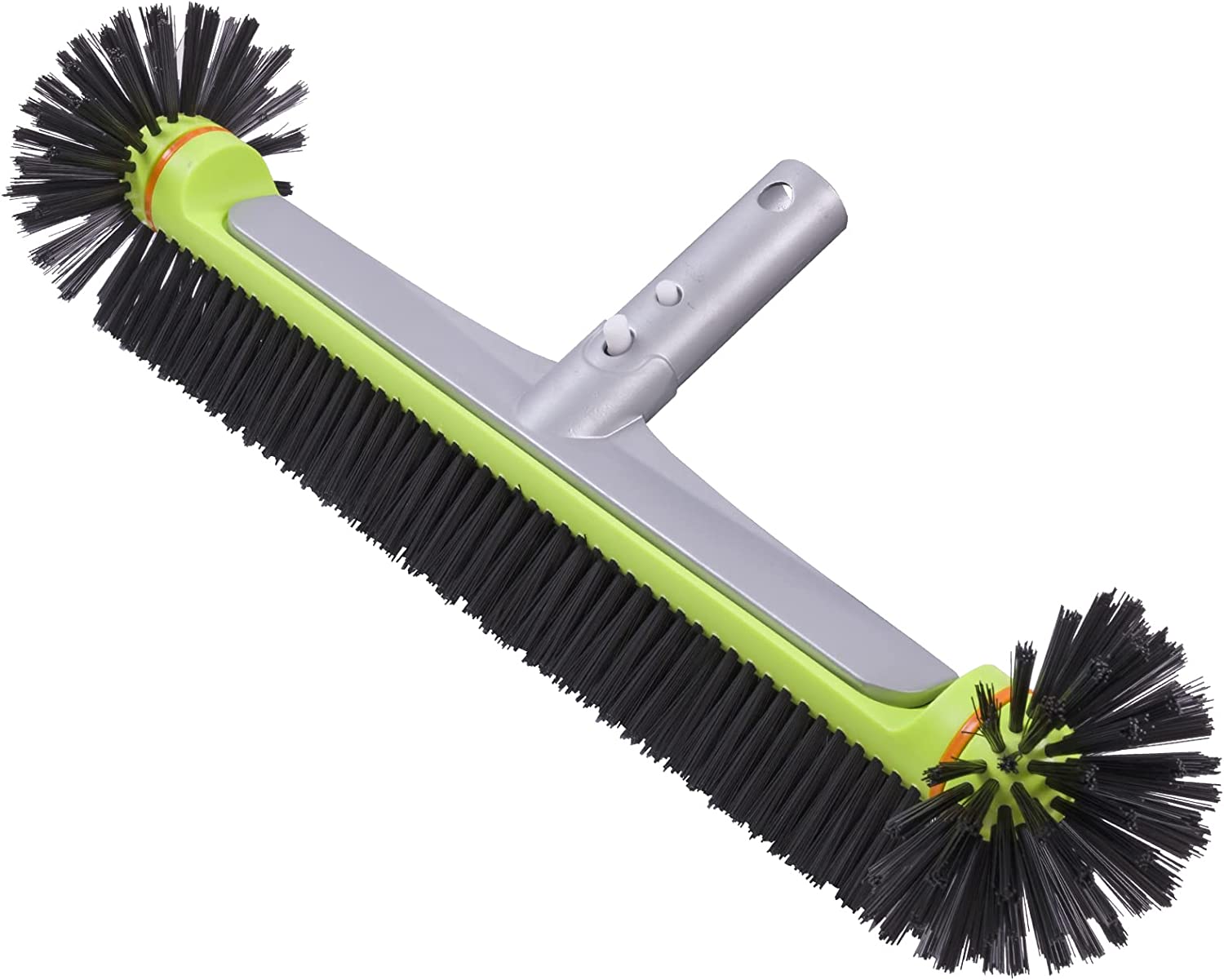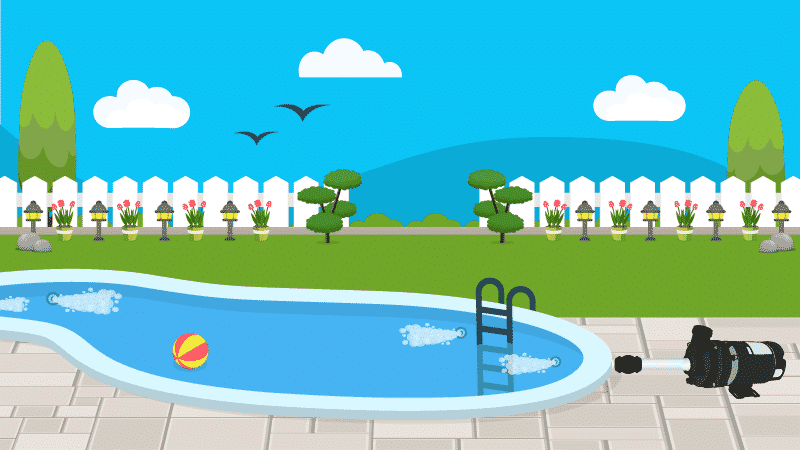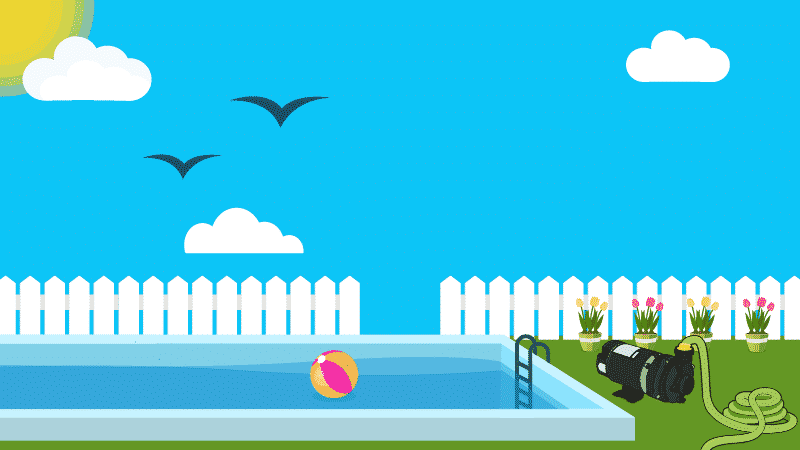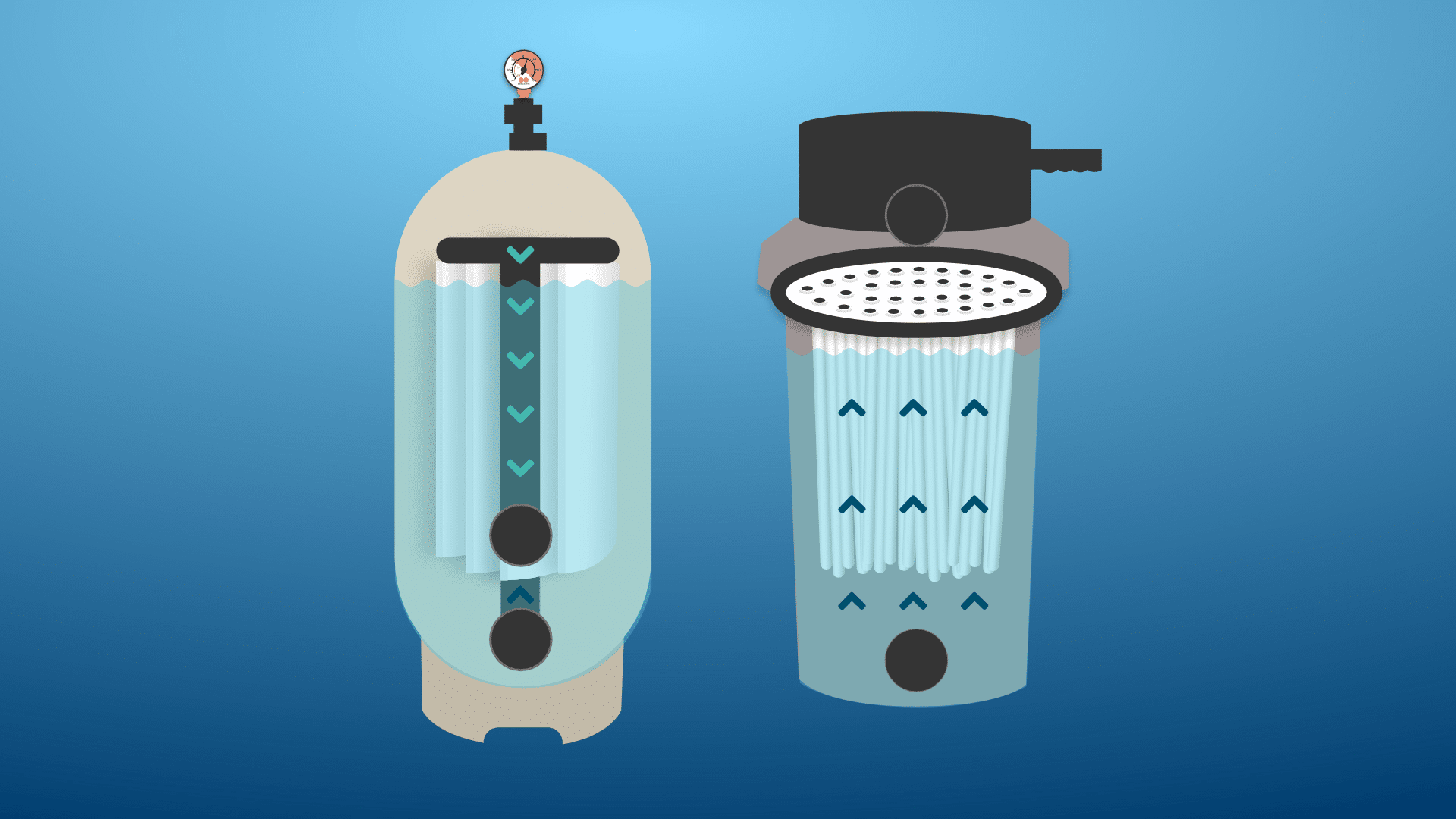Why There’s Sand in Your Pool and How to Get it Out
It’s likely that part of the reason you have a pool is to be able to swim and cool off anytime you want without having to travel to the beach, whether it’s a 10-minute drive or would require you to board an airplane. Nothing like being able to just step into your backyard and dive into sparkling, crystal clear water.
But what happens when you look down at the water and find sand in your pool? How the heck did that get there?! Where did it come from? How do you get it out? And most importantly, how do you keep it from happening again? Don’t worry, there’s no reason to panic. This is all simpler than it may seem.
Stop wasting time and money with confusing water chemistry and maintenance. Our effortless system guarantees to keep your pool balanced, sanitized, and crystal clear all year. Works for all pools including saltwater.
Why Do I Have Sand in My Pool?
The first question to solve this mystery is an easy one to answer: Do you have a sand filter? If the answer is yes, well, there’s the problem.
Finding sand in your pool means one or more parts of your sand filter have broken, and the filter is no longer functioning the way it should.
Broken Filter Parts
When something cracks or breaks inside your sand filter, you’ll know it because that’s when you’ll start to see sand in your pool.
Standpipe
Inside a sand filter, a standpipe that runs down the center of the sand. The standpipe is made of rigid, strong plastic, but it’s still possible for it to crack at some point, which will mean sand in the pool. At the top, the pipe connected to the multiport valve. At the bottom, it’s connected to laterals.
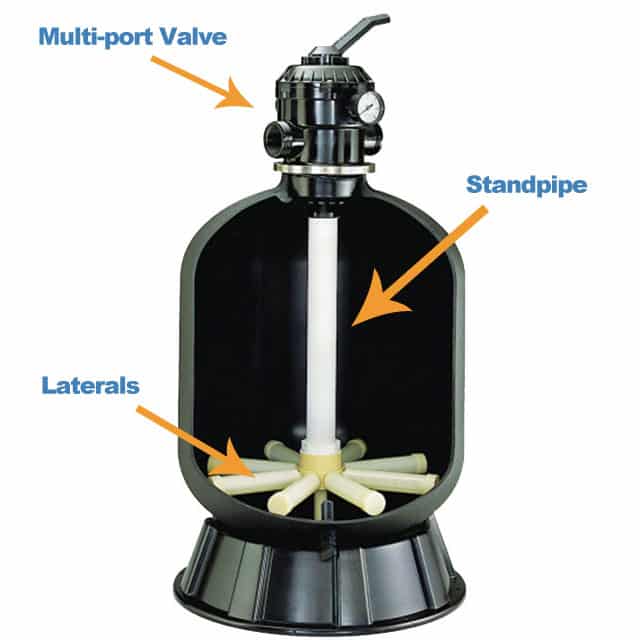
What Are Laterals?
Inside a sand filter tank, water pours into the sand from the top. As it makes its way down through the sand, small debris and contaminants are filtered from the water. Once it reaches the bottom of the filter, the now-clean water is expelled back into the pool through the return jets.
Of course, you only want water to go into your pool—none of the sand from the filter. To make sure that happens, at the bottom of the filter is an array of eight to ten laterals, which acts as a sieve. Each lateral is full of tiny perforations large enough to allow water to pass through the filter, but not sand.
If, for some reason, one or more of the laterals crack, sand will easily pass through and be sent into your pool along with the clean water.
So now you actually have two problems—you need to fix the filter, and you need to get the sand out of your pool, in that order.
How to Fix a Broken Standpipe or Laterals
You may never find out how it happened. Maybe the filter was moved, which shifted the standpipe, and under the heavy weight of the sand, cracked the laterals. Or maybe your filter is just old and the parts have worn out. No matter how it happened, you must fix it to prevent a sandbar from forming in your pool.
It’s more common for laterals to crack than the standpipe, but it’s a good idea to be ready to replace both just in case. The good thing is, you’ll follow the same process you use when you change the filter sand. You’ll just add one step: Replace the broken pieces inside your filter before you add the new sand.
Important: Remember to order a new standpipe and new laterals before you start this process. It’s a good idea to keep a few of those parts on hand so you’re ready for this kind of repair if it happens again.
Once you’ve replaced the broken parts and put your filter back together, you can move on to addressing the sand in your pool.
How to Remove Sand From Your Pool
There’s a little good news in all of this. If your sand filter breaks and starts dumping sand into the pool, it will be fairly concentrated below the pool returns. If you had millions of grains of sand dispersed through the water, it would be a much bigger headache!
- Use a pool brush to push all the sand to one area, or at least to a few concentrated areas.
- Set the filter’s multiport valve to “Filter.” You can vacuum the sand back into the filter.
- Vacuum your pool manually, .
- Test and balance the water with test strips or a liquid test kit, and add chemicals as necessary.
While it does take some elbow grease, fixing the problem of sand in your pool is actually pretty simple.
The wide pool brush with 360-degree reach helps clean hard-to-reach surfaces and tough crevices. Perfect for any type of pool, including vinyl liners, fiberglass, and painted concrete.
What if I Don’t Have a Sand Filter?
Let’s say you find a substance in the pool that looks like sand, but can’t possibly be sand because you don’t have a sand filter or live anywhere near a beach. We have a bit of bad news for you. It may actually be yellow pool algae, also called mustard algae.
To test this, use a pool brush to push it around a little. If it disperses into a cloud, it’s probably algae, so you’ll need to follow the steps to get rid of mustard algae instead.
This fast-acting, quick-dissolving swimming pool shock kills bacteria, controls algae, and destroys organic contaminants in pools.
Keep the Sand Where it Belongs!
If you find sand in your pool, you’ll be able to remove it, fix your filter, and get back to enjoying a nice swim. Just remember, you’ll need to take care of the problem as soon as you notice it. The more sand you allow to get into your pool, the more work it’ll be to remove it.
Happy Swimming!
4 Ways We Can Help With Your Pool
- Pool Care Cheat Sheets (Free): Easy-to-use downloadable guides to help you keep track of taking care of your pool this year.
- The Pool Care Handbook: An illustrated guide to DIY pool care, including water chemistry, maintenance, troubleshooting, and more.
- The Pool Care Video Course: You’ll get 30+ step-by-step videos and a downloadable guide with everything you need to know about pool maintenance.
- The Pool Care App: Enter your water test results. Get a custom treatment plan. Know exactly what chemicals to add to keep your pool clear.


